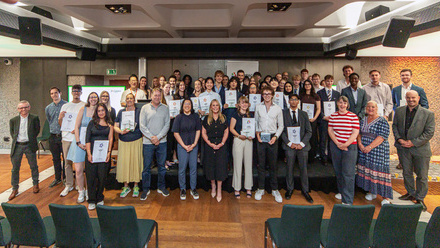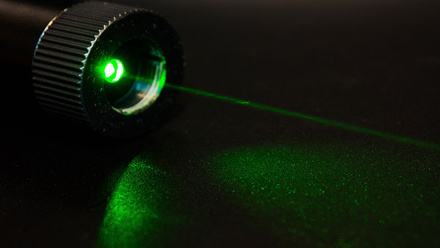Smart ring attracts higher than expected investment
A jewellery-like smart ring, Iris, that incorporates the health-monitoring features currently available in smart watches is attracting five times more capital than expected in crowdfunding.

Senbiosys, a firm founded by two former EPFL PhD students in 2018, claims the device is made possible by miniaturisation – thanks to what they claim is the world’s smallest sensor, developed with the participation of the School of Engineering's Integrated Circuits Lab.
After several years of miniaturisation research, EPFL engineers have developed technology that concentrates all the monitoring capabilities available on smart watches into an area that’s four times smaller. The spin-off company’s PPG sensors measure just 4mm3.
The company’s crowdfunding campaign will soon end and has already raised five times more than the initial target of 100,000 francs.
This miniaturisation – a breakthrough backed by several patents – also means much less power is required, and so a significantly smaller battery can deliver the same battery life. Senbiosys’s miniature photodetectors are already used in several electronic devices.
Iris isn’t the first health-monitoring smart ring, Senbiosys says what sets it apart is its ultra-compact design and low power requirement.
Senbiosys carried out a clinical study of its technology at the Fribourg cantonal hospital, comparing heart rate data collected by its sensors with those collected by an arterial catheter.
The proceeds will be used to take Iris from prototype to large-scale production.







